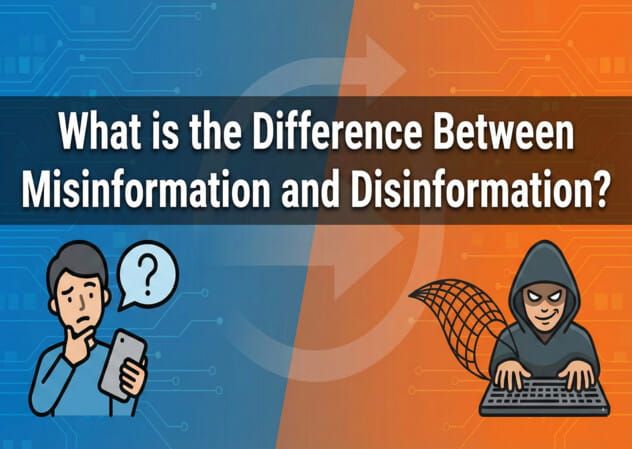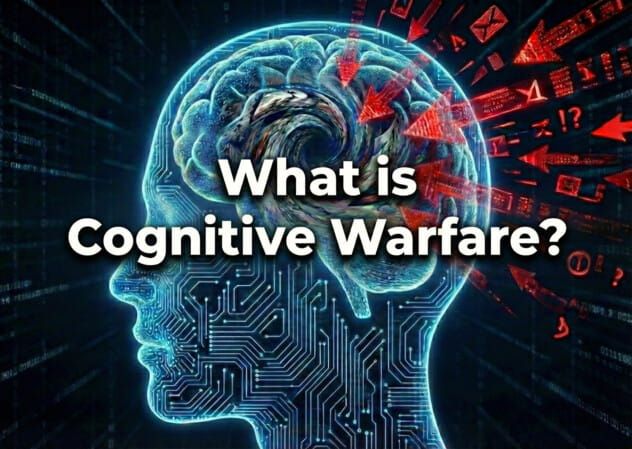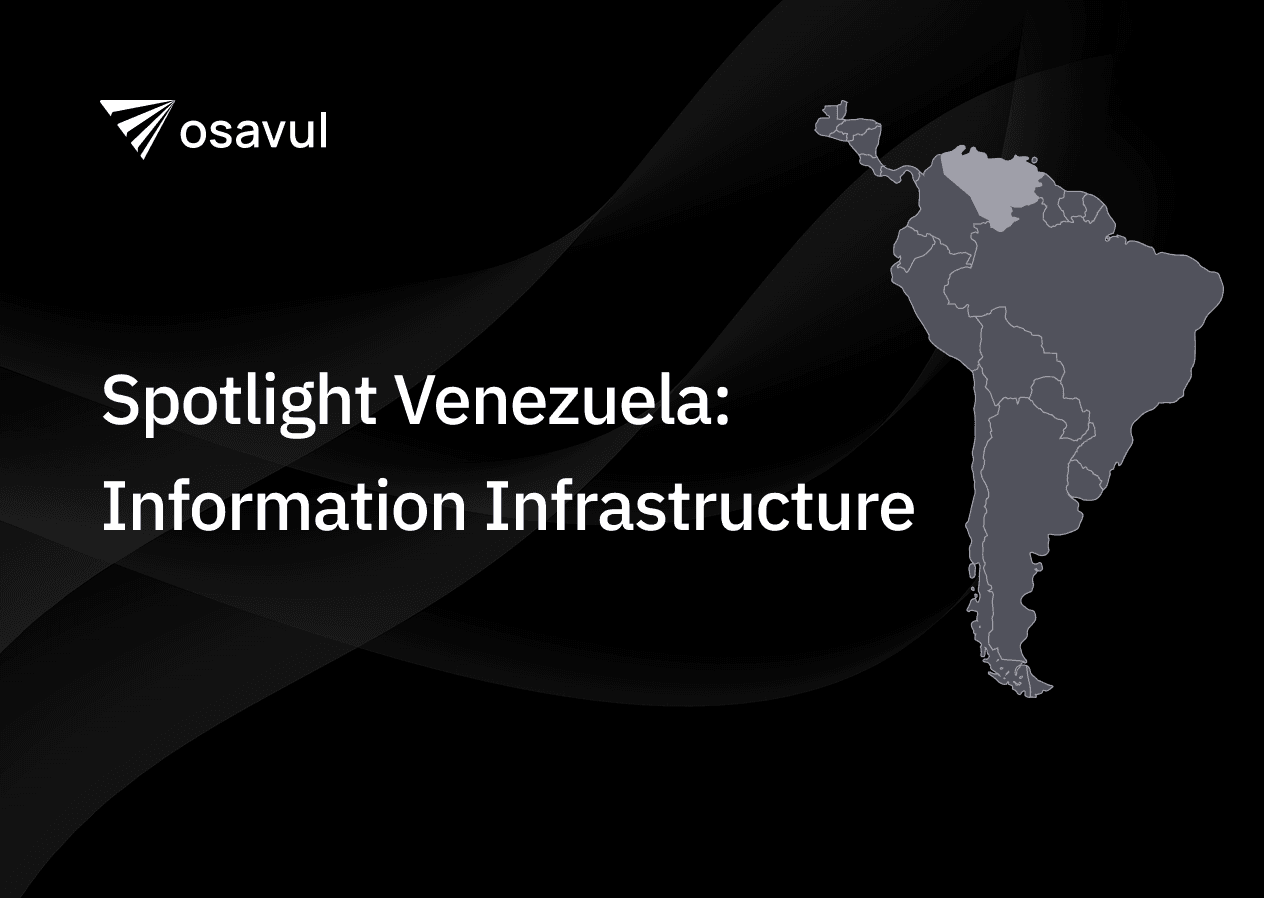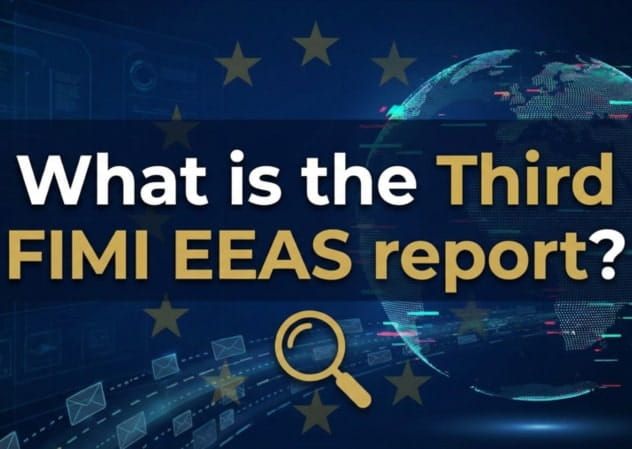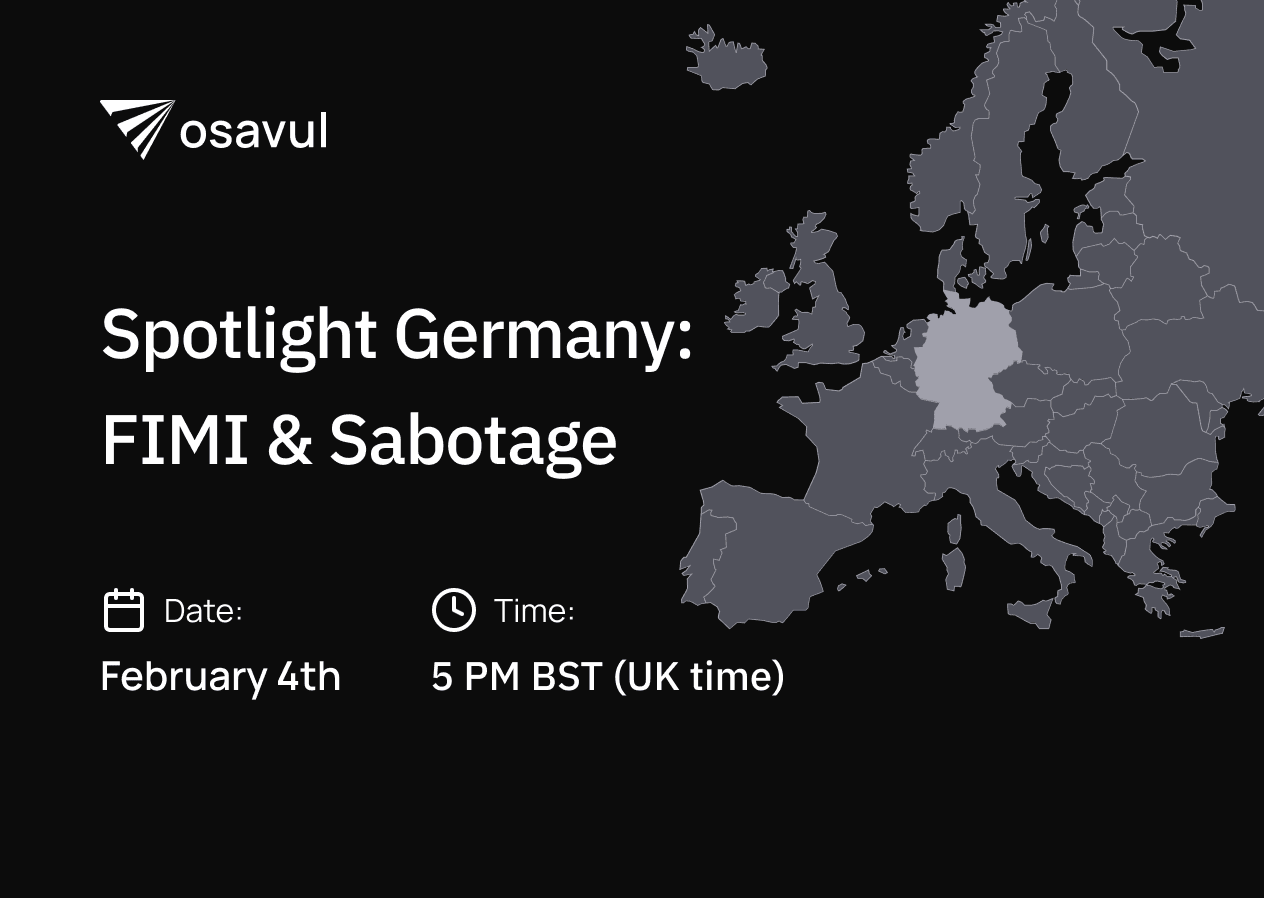Strategic official Chinese narratives originating directly within the communist state have long played a very significant role in shaping both domestic and international perceptions all over the world. Such Chinese narratives are used as tools for the Chinese government to be able to advance its interests and agendas on a national level, cement and justify its policies, and generally promote an overall favorable image on the global stage. Having a solid understanding of these Chinese narratives is absolutely vital, as they have the power to have far-reaching implications across the world, affecting global economic dynamics and overall geopolitical stability.
Keep reading for a deep dive into the definition, purpose, and core elements of the Chinese strategic narrative culture, from the negative influence that it can have to the impact on foreign countries and, crucially, to what can be done to combat it in this age.

Overview Of China’s Strategic Narratives
Chinese narratives are designed with the goal of projecting a positive image of the nation, therefore reinforcing the legitimacy of the ruling Communist Party and promoting a Chinese vision of global governance. It goes without saying that these official narratives are very multifaceted, and are spread through various available channels, including state-controlled media, cultural exchanges, and diplomatic communication.
Though the minute details can vary, the core elements of the Chinese narratives are always to include historical continuity, promise of peaceful development, the Belt and Road Initiative(also known as BRI), the concept of a community focused on a shared future for mankind, and the employment of soft power with cultural diplomacy. Let’s take a closer look at some of the characteristics of Chinese strategic narratives.
Historical Continuity
This is one of the core elements of Chinese narratives, involving emphasis on the long and illustrious history of the nation. Something that is often highlighted is the ‘Century of Humiliation’ from 1839 to 1949, a period deemed to have been marked by internal strife and foreign domination.
Peaceful Development
The portrayal of China as a peaceful nation that is committed to continuing development and mutual benefit. The ‘China Dream’ narrative was introduced by President Xi Jinping and comprises a vision that prompts domestic prosperity and harmonious relations internationally. It has become one of the cornerstone characteristics of Chinese strategic narratives.
Belt and Road Initiative
The BRI is a concept presented in the form of a global development strategy with the goal of enhancing economic cooperation and regional connectivity. It is a concept that is very much framed as a ‘win-win’ model in terms of international development, in opposition to the Western-centric global order idea.
Community of Shared Future for Mankind
Official narratives promote a new form of international relations that is centered on fairness, mutual respect, cooperation, and justice. In this framework, China is the leader in reforming global governance structures.
Soft Power and Cultural Diplomacy
Chinese strategic narratives do a lot in this realm to leverage its cultural heritage, including aspects like traditional arts, Confucian values, and modern achievements in order to enhance the soft power that it has.
Negative Influence of Chinese Narratives and Disinformation
Spread of Disinformation
Though the surface aim of China’s narratives is to promote a positive image, the issue comes in the fact that they are commonly accompanied by widespread disinformation campaigns that are designed to manipulate global perception and achieve targeted political objectives. Disinformation is the deliberate spreading of misleading or outright false information with the intention of deceiving an audience.
The disinformation tactics of Chinese narratives include the likes of manipulating social media platforms, spreading false narratives, and undertaking cyber operations in order to undermine trust in previously trusted democratic institutions.
Impact on Global Public Opinion and Policies
There are plenty of incidents that demonstrate that the spread of Chinese disinformation has had severe implications on wider global opinion and policies, particularly in the Asian theater. China is able to shape the international agenda by influencing the views of both foreign populations and their governments. It interferes with policy decisions and weakens the resolve of its perceived adversaries. Any existing political or social divisions that might be emerging at any given time can also be impacted by strategic Chinese narratives.
Examples of Negative Impact on Countries and Conflicts
Some of the most high-profile Chinese narrative examples have affected the following countries:
United States of America
There have been multiple narrative examples of the United States being infiltrated by disinformation from the Chinese government that prove the case: political disruption or the COVID-19 pandemic.
The Chinese state media managed to spread misleading information about the origin of the coronavirus not only in the United States but all over the world.
However, the impact of the false claims was felt most strongly in the USA. The active work of the Chinese powers and media was directed towards undermining the effectiveness of vaccines developed in Western countries.
US/Chinese Relations and Domestic Public Opinion
All the disinformation efforts by the Chinese state led to a worsening of US/China relations, deepened the mistrust, and added fuel to the fire of anti-China sentiment.
Taiwan
Disinformation Campaigns Regarding Taiwan’s Sovereignty. Taiwan has long been one of the main targets of Chinese media. All the narrative campaigns seem to have one goal: to undermine the state’s sovereignty and legitimacy. With the intention of controlling the island nation and bringing it under its full authority, China has broadened its influence in spreading false information regarding Taiwan’s democratic processes, politics, and international relations.
As a result of continued disinformation, there have never been more tensions in cross-strait relations between China and Taiwan. With the aim of destabilizing the unity of the state and decreasing international support for Taiwan, China continues to put its pressure, making it harder not to yield to its demands.
Solution for Fighting Chinese Disinformation
In order to help combat the spread of misinformation, propaganda, and Chinese propaganda, online platforms and tools have been developed. As an example, OSAVUL’s disinformation monitoring software is designed to identify, analyze, and adequately deliver information about Chinese disinformation campaigns.
The key benefits of the software are:
Real Time Monitoring
The real-time monitoring feature of the platform enables it to instantly detect and respond in a timely manner.
Comprehensive Analysis
Comprehensive analysis of the detected narrative, including its target audiences and strategies, allows one to get a better understanding of the strategic context and objectives of certain campaigns.
Collaboration and Sharing
The OSAVUL tool promotes strong collaboration, communication, and the sharing of information between organizations around the world and the Global South, researchers allowing for collective efforts in combating the issue.
Conclusion
In conclusion, what is clear is that strategic Chinese narratives created by ruling forces have been, and will continue to be, a dangerously powerful tool in shaping global perceptions and furthering national interests. Whilst these campaigns aim to promote a positive image of China, the problem is that they are almost always accompanied by torrents of disinformation that can result in negative impacts for the rest of the world in terms of global public opinion, international relations, and even policymaking.
Being able to understand and address the ever-expanding problem of Chinese narratives is crucial in today’s society, purely for the purpose of maintaining global stability and protecting wider democratic processes around the world. Thankfully, tools like those provided by OSAVUL can play an important role in detecting and combating such disinformation, providing instant insights to ensure the best response possible.

